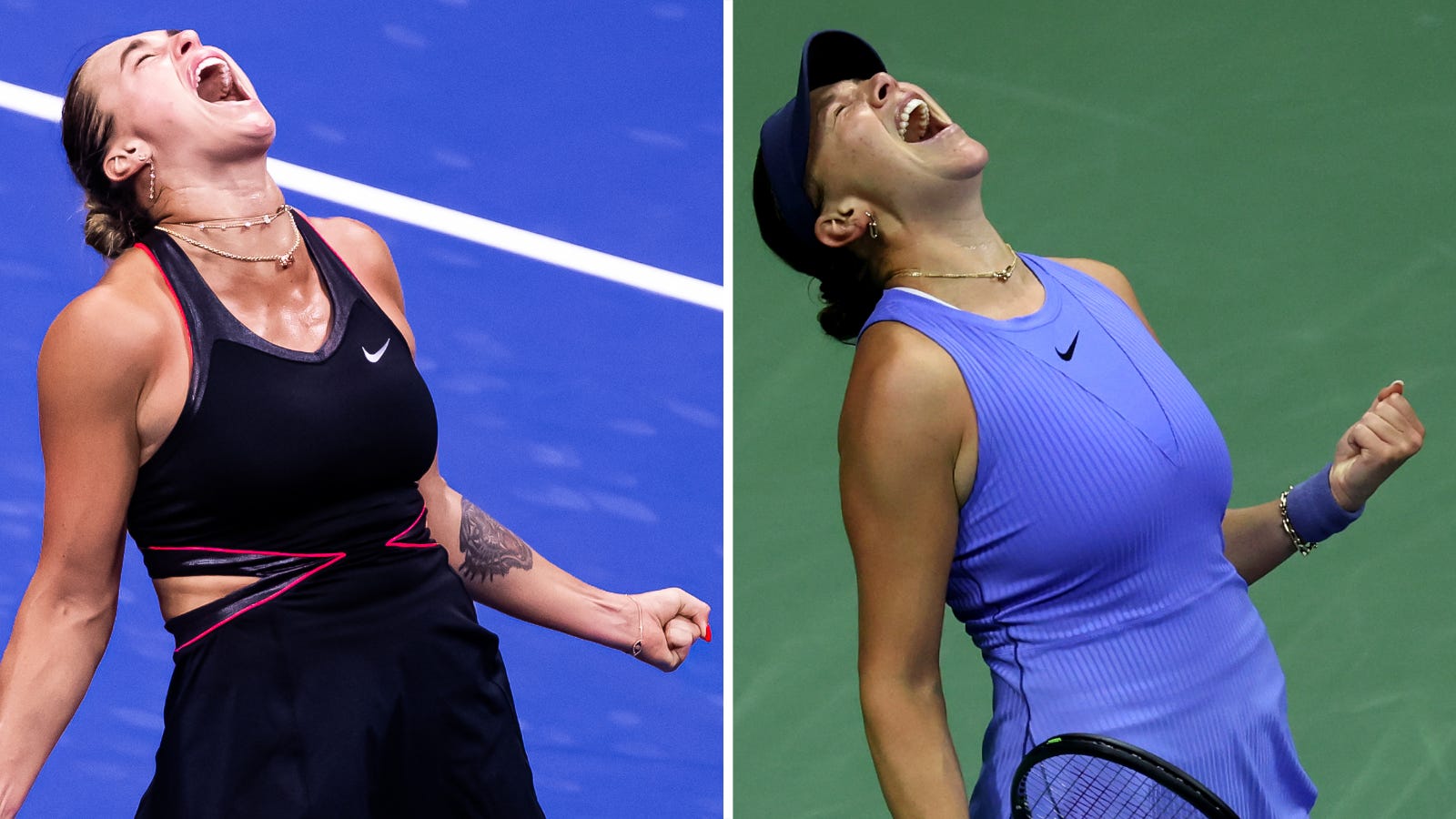US Open women’s final: Can Amanda Anisimova bounce back from Wimbledon final nightmare against the defending champion?
Grand slam finals are often framed as simple battles for silverware. But It’s Saturday, the US Open women’s singles championship is about something deeper: redemption, resilience, and reputation.

On one end, Amanda Anisimova walks into Arthur Ashe Stadium carrying the weight of Wimbledon’s ghosts. Eight weeks ago, she endured a defeat so brutal it felt career-defining: a 6–0, 6–0 dismantling at the hands of Iga Świątek, the kind of …



